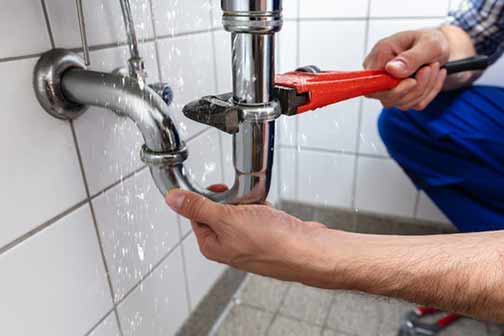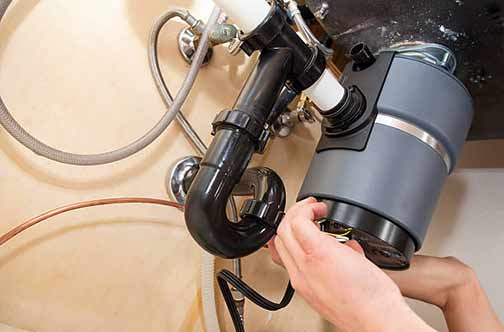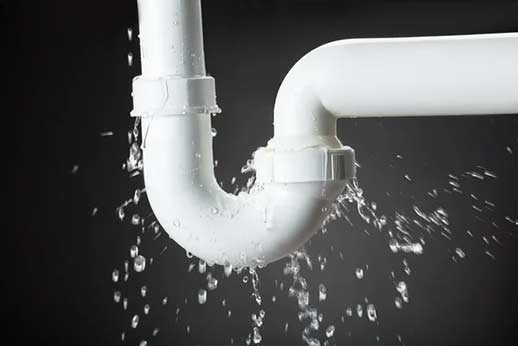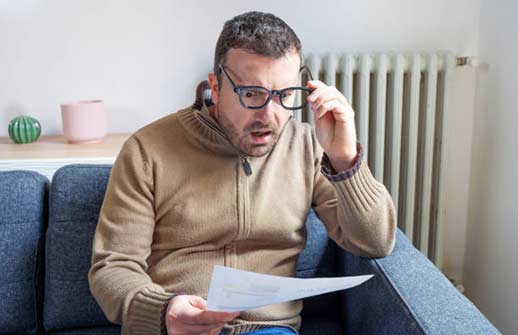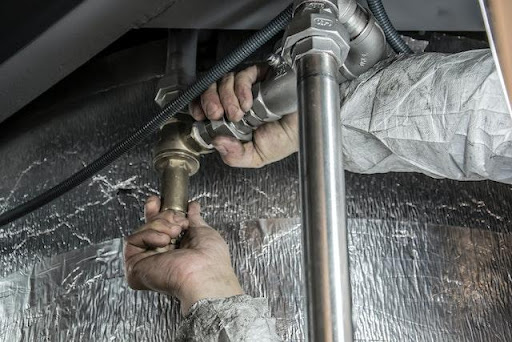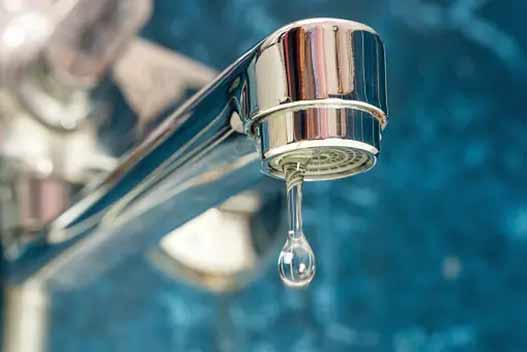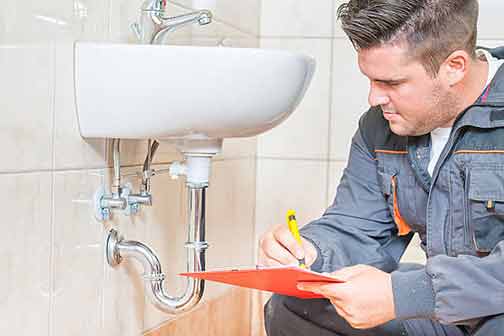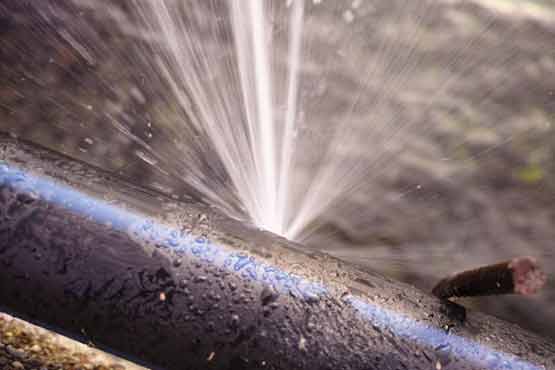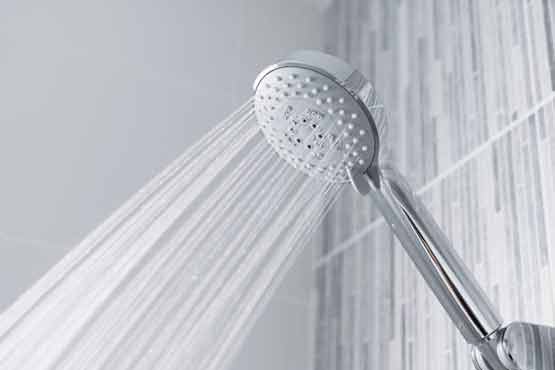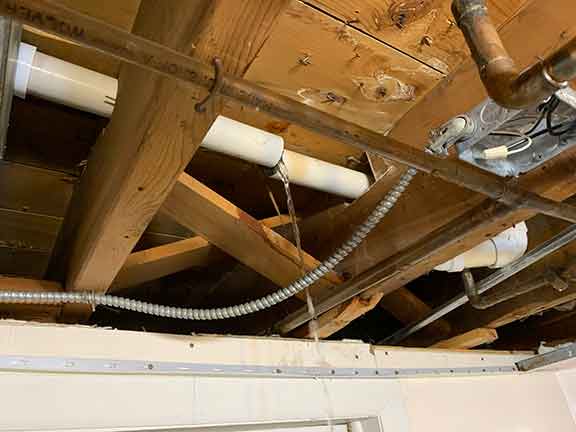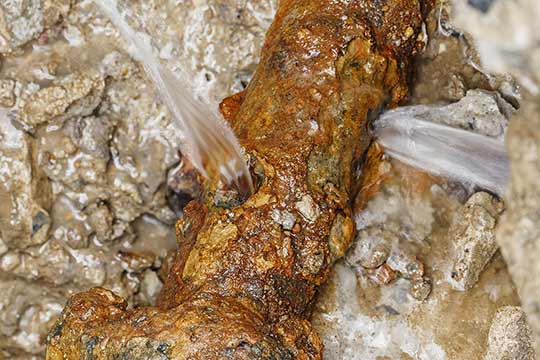
Leaking pipes under your home can cause significant damage if left unaddressed. For Chicago residents, understanding the process of identifying and resolving these leaks is crucial. Here we aim to provide a step-by-step guide to help homeowners mitigate the risks associated with leaking pipes and preserve the integrity of their property.
Identifying Signs of Leaking Pipes Under Your Home
Identifying leaking pipes early is essential to prevent extensive damage. Homeowners should be vigilant for the following signs:
- Unusual Dampness: Wet spots on floors or walls, and a persistent damp smell in the home.
- Increased Water Bills: Unexpected spikes in water bills could indicate a hidden leak.
- Water Stains: Discoloration or water stains on ceilings and walls.
- Mold and Mildew: The appearance of mold and mildew in areas that should be dry.
- Foundation Issues: Cracks in the foundation or walls indicating prolonged water exposure.
If you observe any of these signs, it’s time to take action and investigate further.
Conducting a Thorough Inspection
Before contacting a professional, conduct a preliminary inspection to identify the source of the leak. Use the following tips to guide your inspection:
- Check Common Leak Zones: Inspect areas where leaks are common, such as under sinks, around toilets, and near water heaters.
- Monitor Water Meter: Check the water meter before and after a period when no water is being used. A change in reading suggests a leak.
- Inspect the Crawl Space: For homes with a crawl space, inspect for signs of moisture, standing water, or dripping pipes.
- Listen for Clues: Pay attention to sounds of running or dripping water when the house is quiet.
Engaging Professional Help and Understanding Costs
If you’re unable to pinpoint the source of the leak or if the damage appears extensive, hire a Chicago plumber. Here are some considerations:
- Research and Reviews: Look for plumbers with good reviews and verified credentials in the Chicago area.
- Get Multiple Quotes: Obtain quotes from at least three different plumbers to compare costs and services.
- Understand the Scope: Ask for a detailed explanation of the repair process and potential additional costs.
- Verify Insurance and Licenses: Ensure the plumber is insured and licensed to work in Chicago.
Professional plumbers can offer services ranging from professional leak detection services to complete pipe repairs or replacements.
Temporary Measures to Mitigate Damage
While waiting for professional help, implement temporary measures to mitigate damage:
- Shut Off Water Supply: Turn off the main water supply to prevent further leakage.
- Use Pipe Sealants: Apply temporary pipe sealants or tape to slow down the leak.
- Redirect Water Flow: Use buckets or containers to collect leaking water and prevent damage to floors and foundations.
- Ventilate the Area: Increase ventilation to prevent mold and mildew growth.
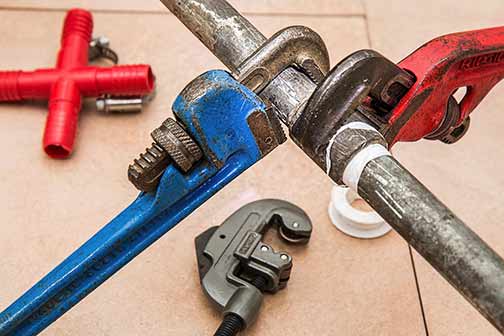
Severely damaged pipes may require full or partial replacement.
Repair Solutions and Techniques
Depending on the severity of the leak, various repair solutions and techniques may be deployed:
- Epoxy Pipe Lining: A non-invasive repair method where epoxy coating is applied to the interior of pipes.
- Pipe Replacement: Severely damaged pipes may require full or partial replacement.
- Spot Repairs: Small leaks can be fixed with localized repairs using clamps, resin, or new piping segments.
Your plumber should recommend the most appropriate technique based on the diagnosis.
Preventative Measures and Maintenance Tips
Preventing future leaks requires regular maintenance and proactive measures. Chicago homeowners should consider the following:
- Annual Inspections: Schedule annual plumbing inspections to identify and fix potential issues early.
- Install Water Alarms: Water alarms can alert you to leaks in critical areas like basements and crawl spaces.
- Regular Maintenance: Maintain plumbing fixtures, including repiping your entire home, caulking, and ensuring proper water pressure.
- Winter Preparations: Insulate pipes during winter to prevent freezing and bursting.
These measures can help you maintain the longevity and safety of your home’s plumbing system.
Understanding the Impact on Property Value
Leaking pipes, if left unaddressed, can significantly affect your home’s property value. Water damage can lead to structural problems, mold, and a reduced lifespan of the materials used in your home. By promptly addressing leaks and maintaining a healthy plumbing system, you protect your investment and ensure your property’s market value remains high.
Conclusion: Proactive Care for Long Term Benefits
Dealing with leaking pipes under your home is a challenge, but with vigilant identification, timely professional intervention, and regular maintenance, Chicago residents can protect their homes and ensure a safe, comfortable living environment. Addressing plumbing issues proactively not only prevents damage but also contributes to the long term value and integrity of your property.
